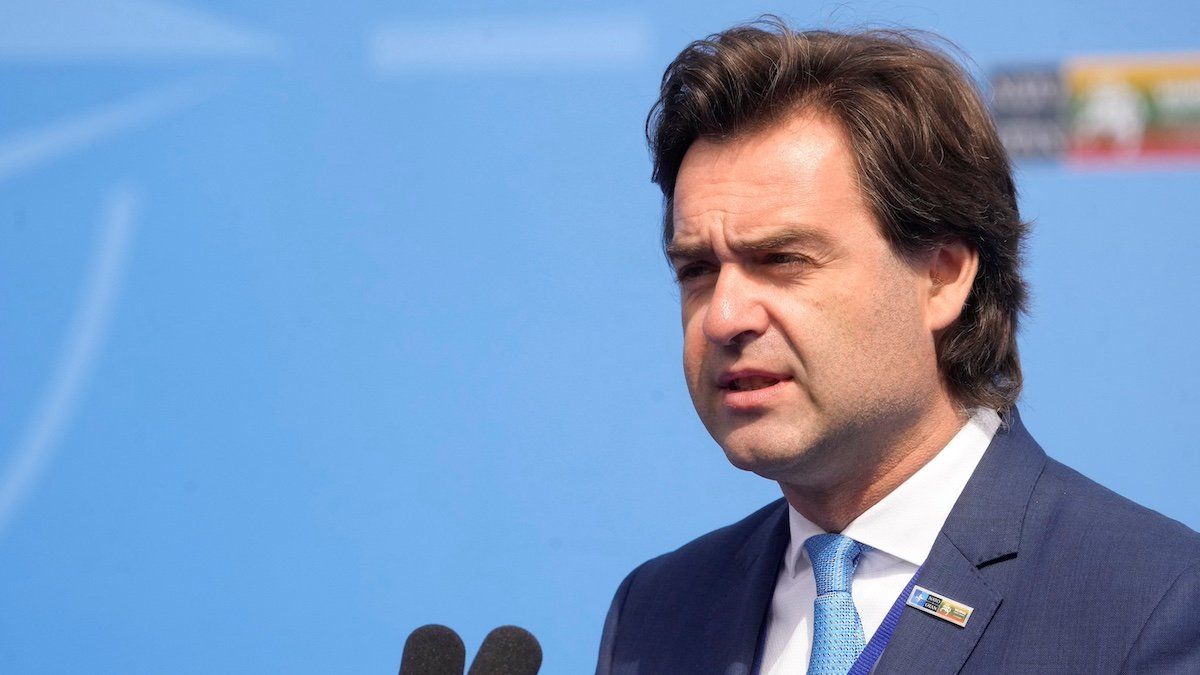The consensus on Instagram is that we undervalue the importance of time off, but Moldovan Foreign Minister and Deputy Prime Minister Nicu Popescu is forging a bold new trail for work-life balance in statesmanship.
Having put his small former-Soviet state on the path to European Union membership – to protect it from Russian predations – and having survived an energy crisis and attempts to topple his government and steal elections, the 42-year-old says, “I now need a break.” Wouldn’t you?
President Maia Sandu awarded Popescu the nation’s highest honor, praising “His unparalleled work [that] lifted Moldova from isolation, defining our European path and commitment to freedom.” Popescu will wrap things up by Jan. 29, but it might not be the last we hear of him: Sandu, his close ally and fellow Europhile, is up for reelection later this year, and Popescu has vowed to back her.
In the meantime, GZERO hopes he’ll kick back with a bottle of Moldova’s fine Fetească Albă white wine, and maybe check out one of our Oscar picks. Noroc, domnule!